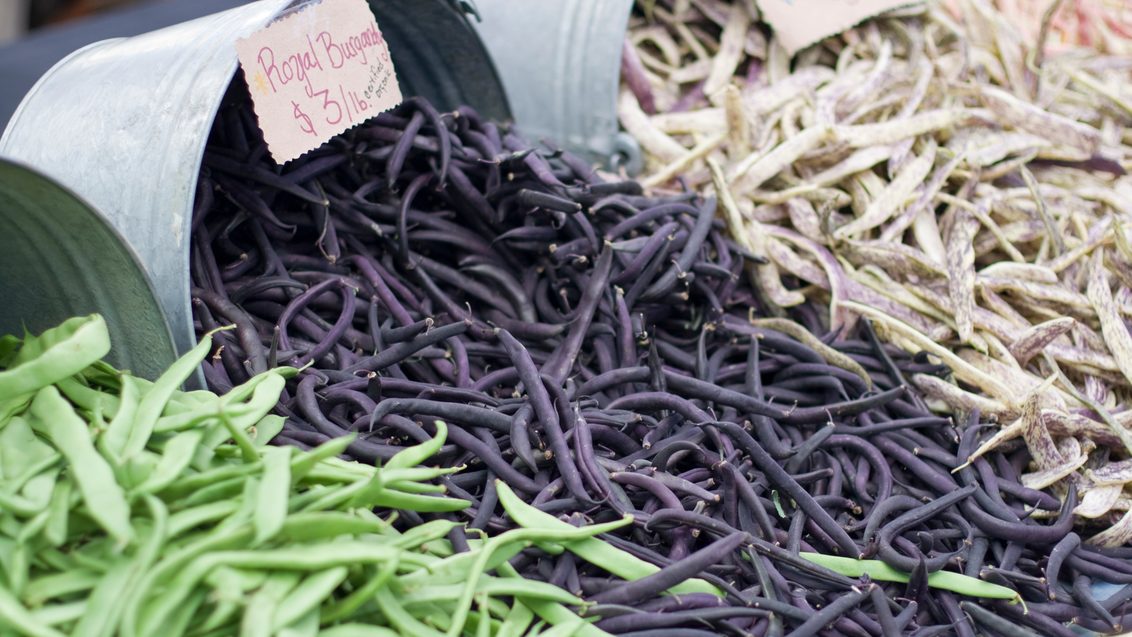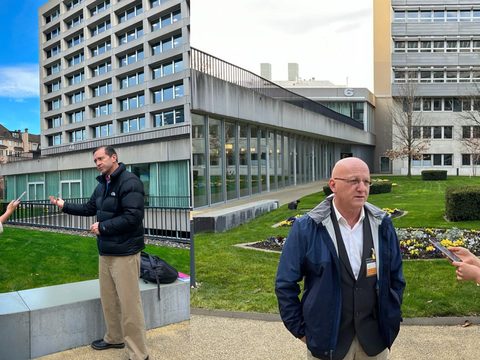You can’t eat regulations or licenses – but they’re crucial for smallholders

By Nathalie Vignaux (Seeds2B Global Project Lead)
Flourishing seed systems are essential for agricultural development and food security. In Sub-Saharan Africa (SSA), however, farmers often can’t get improved varieties. They are therefore deprived of the benefits of modern plant breeding. This is a major reason why farm productivity remains low. Food processors, retailers and consumers also suffer as a result.
The good news is that SSA’s smallholders are in a healthy strategic position. On the market side, they have a huge opportunity: The population they serve is expected to double to two billion in the next three decades. On the supply side, local seed companies are increasingly keen and able to sell them new, improved varieties. But the bad news remains: Smallholders don’t yet buy much certified seed. Their yields remain low, and any surplus stays in the local market. The farmers thus stay poor – or very poor.
So why aren’t the smallholders investing in good varieties that could improve their harvests and income? Well, if you’re a seed, and you want a farmer (anywhere) to buy you, there are three criteria to meet. (Some other factors also need to be in place, but we’ll concentrate here on the seeds themselves). Firstly, you have to be accessible – i.e., available at the right time in the right place. You also need to make business sense – i.e., the farmer must be able to earn money with the seed. Profitability is closely linked to the third criterion: A new variety must match the market in question. Farmers have to want to buy it, as well as be able to do so. In SSA, unfortunately, seeds rarely meet all three criteria at once.
Enter AVISA. The program for Accelerated Varietal Improvement and Seed Systems in Africa aims to do what the name says: strengthen seed delivery. AVISA focuses on sorghum, pearl millet, cowpea, common bean, and groundnut in Nigeria, Tanzania, Burkina Faso, Mali, Uganda, Ghana, and Ethiopia. It builds on lessons from previous projects to tackle the biggest barriers. A major example is regulation and licensing. Seed producers can be much more successful if they know the best way to register varieties nationally – or ideally, regionally. They also need to understand the ins and outs of licensing. Good licensing agreements are crucial accelerators. They speed up variety releases, returns on the development costs, and farmer access.
Together with the New Markets Lab, our Foundation targeted the value chains for cowpea and sorghum in Nigeria, and groundnut and common beans in Tanzania. The work included capacity-building with value chain stakeholders, development of reference documents, and various operational activities.
As well as the seed criteria mentioned above, policy plays a big role in delivery. In 2021, Nigeria passed the Plant Variety Protection Act. This contains important legislation on breeders’ rights. But laws need to be operationalized through regulations. We helped draft the documents for Nigerian seed authorities to implement the Act.
Our AVISA partners and we also developed guides on how best to register and/or license seed varieties in Nigeria and Tanzania. We put particular emphasis on regional registration and the challenges that national and international research organizations can face along the way. The guides also cover legal and regulatory issues related to licensing of public varieties. For Tanzania, we additionally describe how national public institutions can claim plant breeders’ rights.
Documentation is important, but AVISA rightly offers more. Local workshops presented the guides and enabled stakeholders to address specific issues. In Nigeria, the workshop quickly generated tangible results. Last year, the cowpea variety FUAMPEA4 became a pioneer. Under a non-exclusive agreement, Value Seeds Ltd licensed it from the Federal University of Agriculture Makurdi. This the first-ever such agreement between a public institution and a private company in Nigeria.
In Tanzania, AVISA went for peer-learning. A small group from the country’s Agricultural Research Institute (TARI) and Seed Certification Institute (TOSCI) visited KALRO in Kenya. The KALRO regulatory team presented its variety licensing models. (Here’s further info on the Kenyan approach). The visit helped TARI elaborate a strategy for good licensing practices. In addition, TARI and Tanzania’s Agricultural Seed Agency have drafted an agreement to facilitate access to and distribution of early generation seed. We looked forward to its signature and implementation.
The first phase of AVISA ended this April. But our work to strengthen the seed delivery system in Tanzania and Nigeria continues until end of 2024. A strong focus for our Foundation is the improvement of seed accessibility through Farmers’ Hubs and other community-based dealers in partnership with Community Agribusiness Partners (CAP). The best seed in the world is useless if it stays in R&D. Functioning markets are the key to flourishing seed systems, bigger harvests and better rural livelihoods. Regulation and licenses get new varieties on their way; trusted local points of sale bridge the ‘last mile’ to smallholders.

